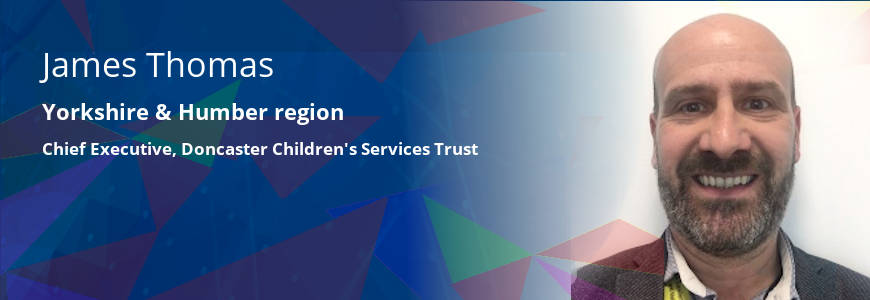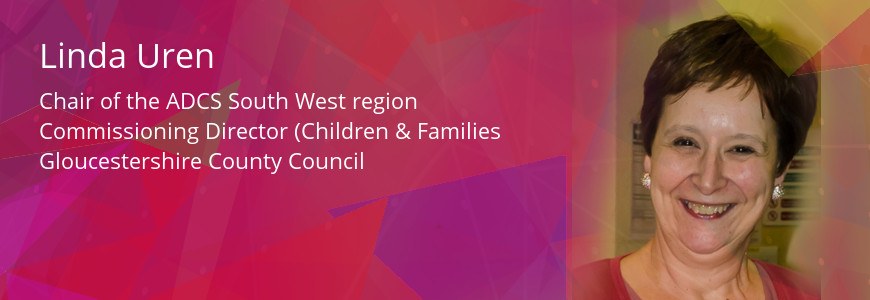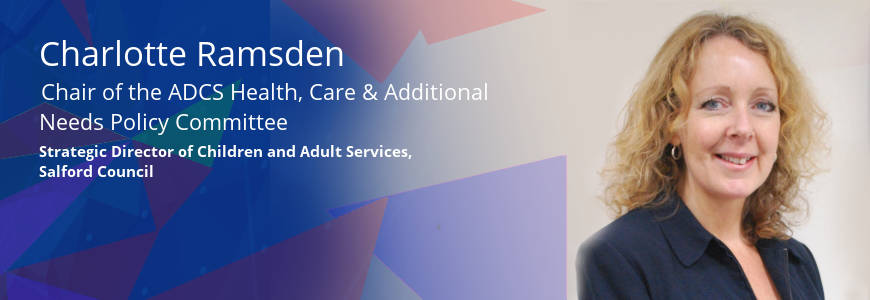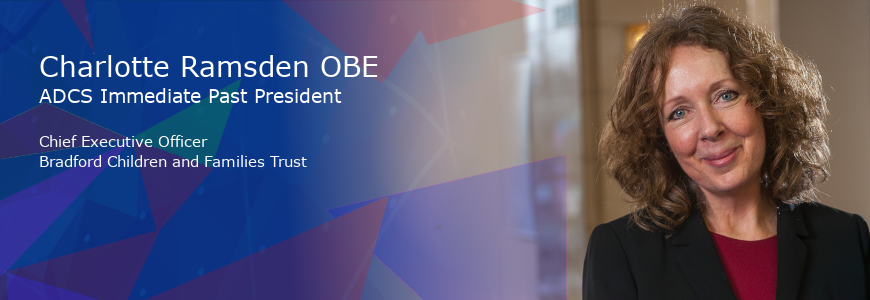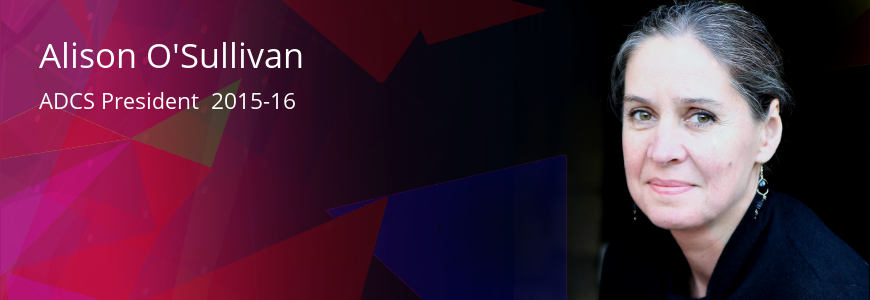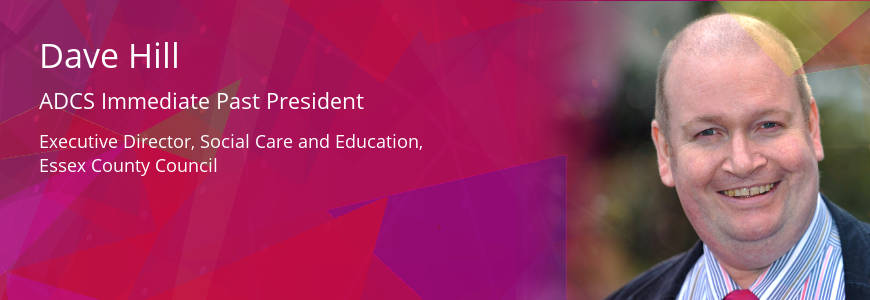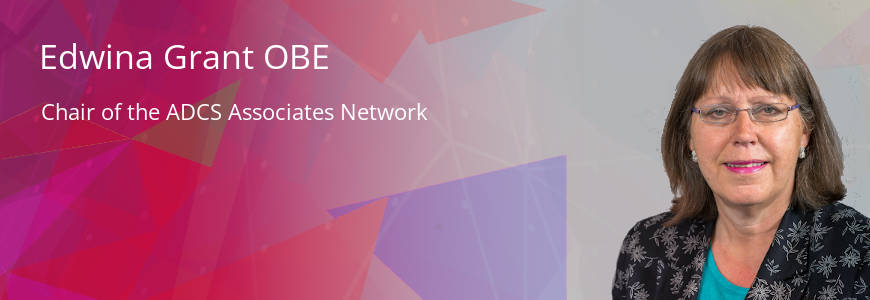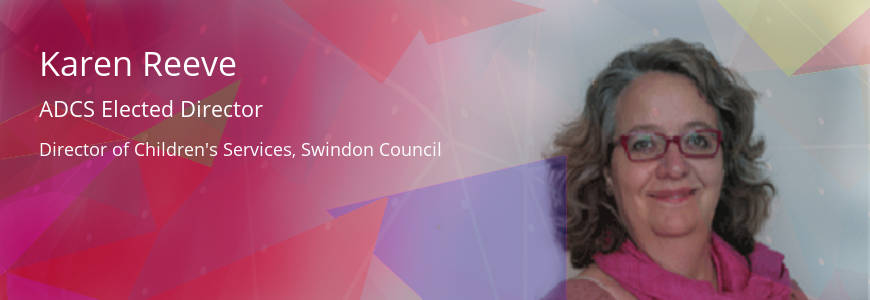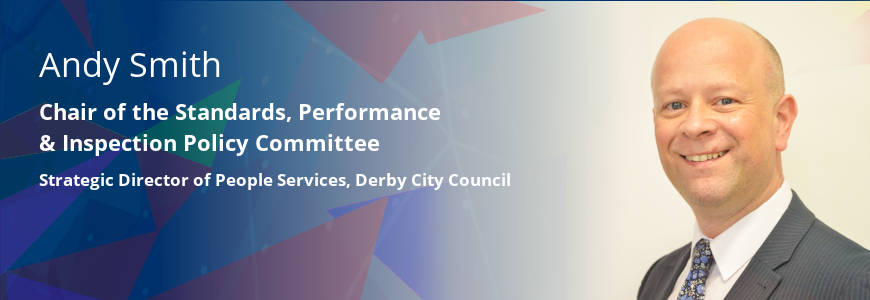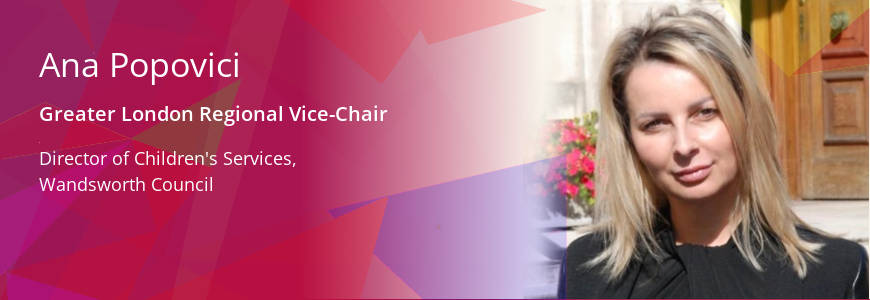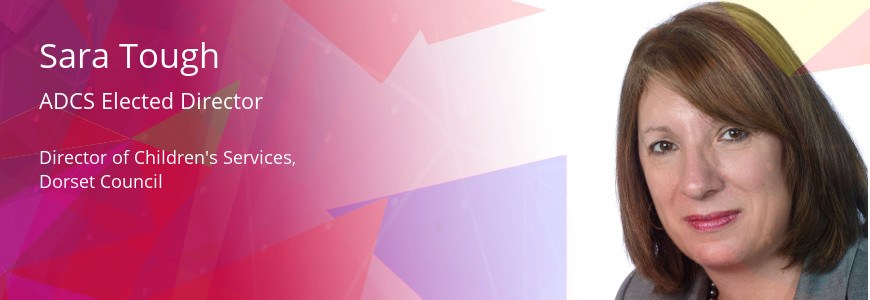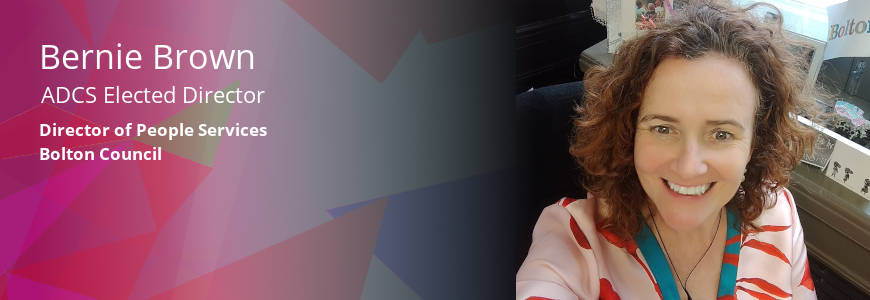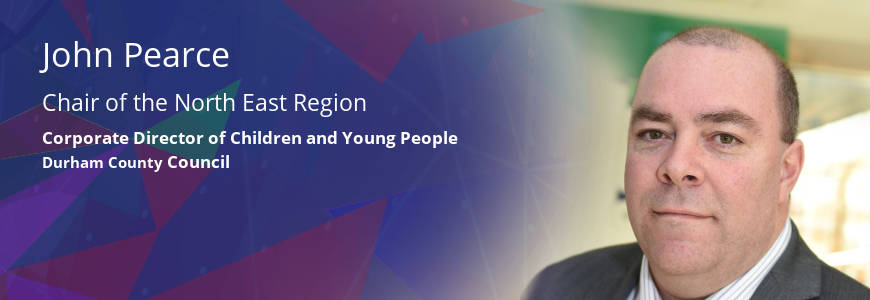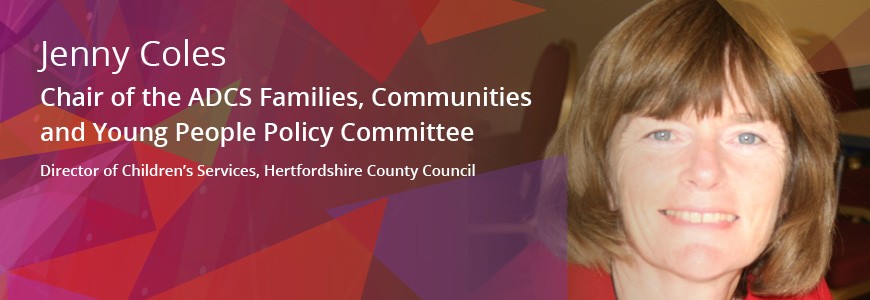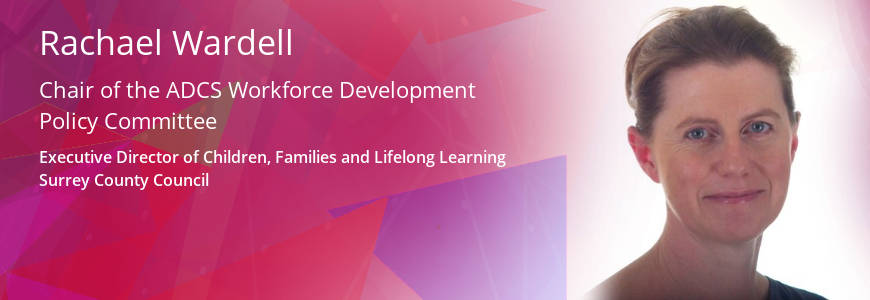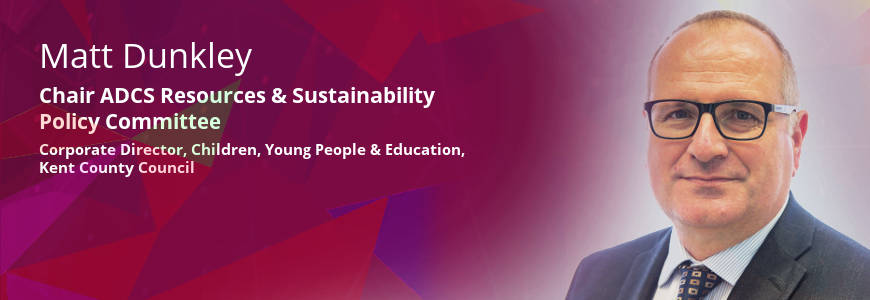Voice
Voice.
A critical word in our services. When designing services, working with families, assessing, planning, doing, reviewing, measuring impact. When we talk to our services and teams. Where’s the evidence of voice? Is it meaningful? Is it tokenistic? Is it representative? How have we acted upon it to make people’s lives better? And how do those we listen to feel about it? Was it worth it? Did it make the difference they were seeking? Did they feel valued and respected?
Understanding and acting upon the lived experiences, views, wishes and feelings of those we work with is fundamental to good practice. We’re in the business of building positive relationships, so listening without prejudice is a pretty important skill to have and encourage in others. Even if what we hear is unpalatable, hard to process, not possible, or contradicts our own values or beliefs. What matters is how we deal with conflicting views, between ‘professionals’, children and their families. What is our bottom line to stop listening and direct unwanted intervention?
So, surely the same applies when we look at the complex challenges facing children’s services right now. When it comes to “solving” the social care crisis (please be a bit more specific when you say social care!), there are plenty of opinions, fixes, viewpoints arriving from a variety of perspectives. No doubt there’ll be vehement disagreement, challenge or counterargument. It’s how we enter the debate that matters, if everyone is to feel their voice will be heard.
Recently, the debate about the children’s care review has really opened up. The publication of “Three Dilemmas” has certainly started a conversation, with some rather bold questions about the future of children’s social care. Representatives from voluntary and private sectors have also entered the debate and suggested a very different vision for the future. Giving differing viewpoints is healthy, it’s what we’d want to see in our conversations with families. But, as with families, if the way we engage ends up stifling or offending then it will restrict the voice of others, and we are going to struggle to deliver sustainable positive change. I’ll be honest, I’m fairly new to leadership at this level and still finding my voice in what sometimes feels like a crowded room. But I owe it to those I serve and lead to enter the review, and other debates, with an open mind and ready to listen.
I was struck by Dez Holmes’ recent blog on the importance of respectful and open debate, and that when you have the opportunity to be “in the tent”, it’s important to recognise and respect that those “outside” feel their voice is not as powerful. From someone well respected across the sector, it was heartening to read, but also so illustrative that valued colleagues feel anxious about how their voice will be heard, or even the response to engaging in the conversation. Recent national debates have ended up being binary: in/out, for/against, open/close. Society is asked to pick a side, but if it’s a bit more complicated than that, I’m not sure neutrality is the answer either.
If the care review is truly a “not to be missed opportunity” to improve the lives of children and families, then we owe it to them to have a voice, and to listen.
Related Blog Articles
I have been wondering about whether the ADCS blog could become like one of those...
In General
Next week is National Adoption Week and I’ve been reflecting on the important...
In Care
As I write my final ADCS blog as Immediate Past President and prepare to hand...
In Leadership
For the umpteenth time in the last few months I have read articles by...
In General
At the time of writing, ADCS members across the children’s sector will be...
In Safeguarding & Child Protection
I'm often struck by what a crude term ‘corporate parent’ is - we use it to...
In General
When I qualified as a social worker in 1995 BSG (Before the Spice Girls) we’d...
In Care
It truly is a privilege to be a public servant, and together with colleagues and...
In Care
Outcomes based practice and accountability! Nothing new you might say. At a time...
In General
What has struck me in the midst of this crisis is the strength of our sector....
In General
Starting the new year, I’m sure we are all glad to see the back of 2020 but...
In Safeguarding & Child Protection
It’s been a challenging couple of weeks for me with the publication of a...
In Youth Justice & Secure Estate
You may already be aware that Foster Care Fortnight began this week. This year,...
In Care
This blog was first due a couple of weeks ago, but the small matter of an ILACs...

